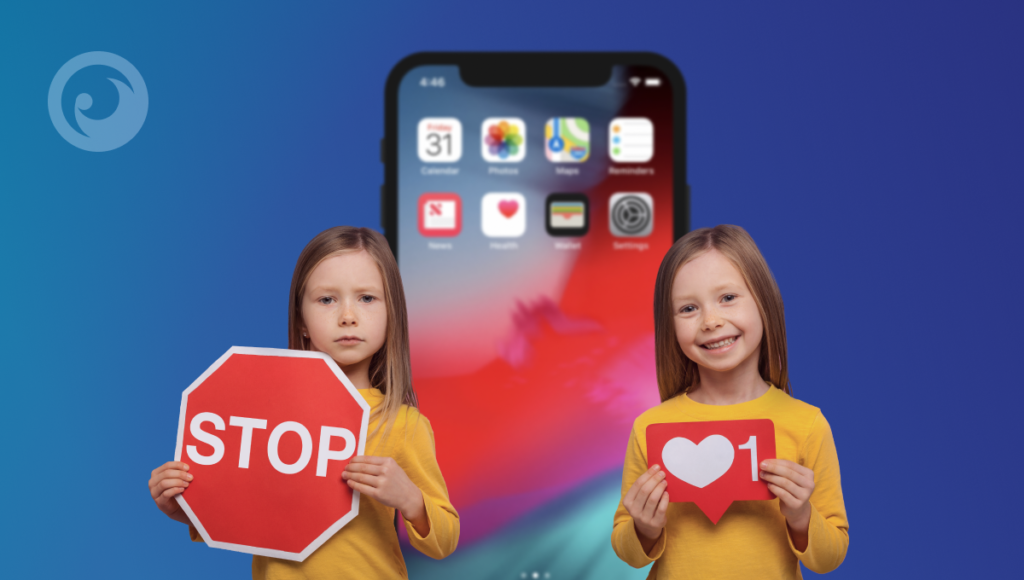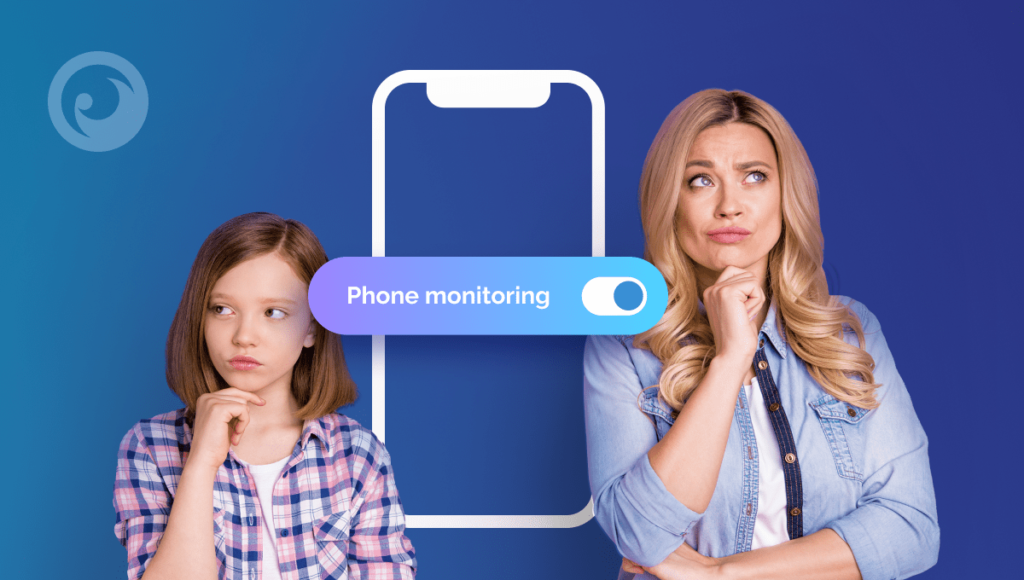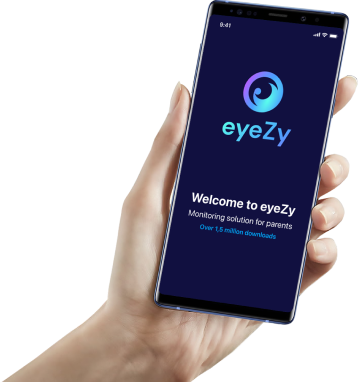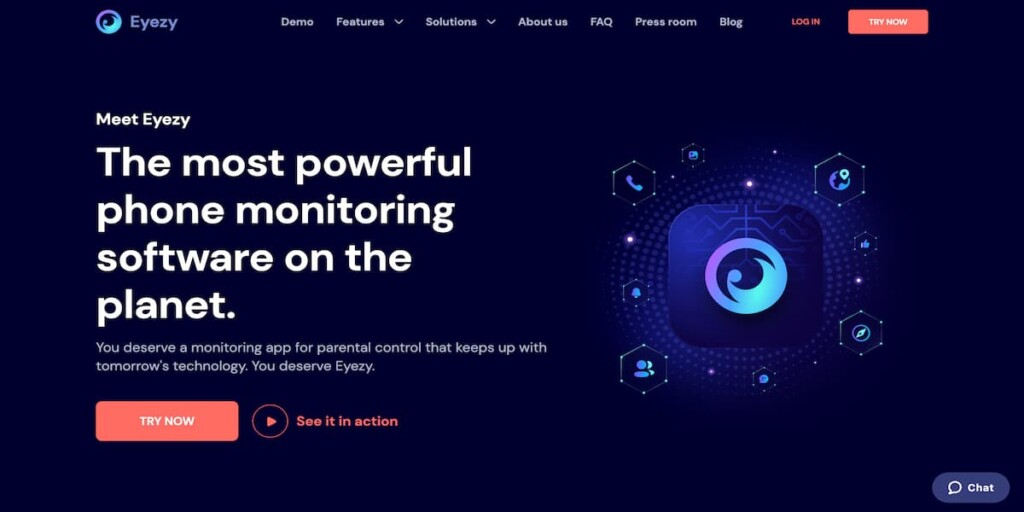
We’ve heard the questions over and over again. Are tracking devices illegal? What about taking someone’s phone without consent and installing monitoring software? When it comes to privacy, the law is very clear. It’s illegal to use monitoring software — except in cases when it’s perfectly legal.
Confused? We don’t blame you. The law can be complex, so we’re here to help you understand everything. The too-long-didn’t-read version? If you’ve got kids, and they’re underage and living at home, you’re not violating phone privacy laws by monitoring their activity. Got a bit of time? Then let’s go a bit more in-depth.
Table Of Contents
Situations Where The Law Permits Tracking Someone’s Phone
- When you have consent to track them. As long as you ask a person for permission, and they agree, it’s likely legal to monitor their phone. Theoretically, this means that you can use a monitoring app to keep tabs on your partner or friend, as long as they’re completely aware that you’re monitoring them, and they have given you permission to do so.
- If you’re monitoring an employee. Is it illegal to track someone’s phone if they’re in an employer-employee relationship? Not necessarily. Many employers monitor their employees’ Internet activity, online chats, and even phone activity without violating any sort of phone privacy laws. How do they get away with it? By having employees sign agreements to confirm that they give the company permission to monitor them. It becomes especially easy when an employee is using company property.
- If you’re protecting your own child. Is it illegal to track someone without their knowledge? If the person you want to monitor is your own child, they’re under 18, and they’re living under your roof, you can use monitoring software without informing them. This is the case in many jurisdictions. But because laws are different everywhere, it’s important to check your local laws before monitoring your own child.
Why You Might Want to Track Your Child’s Phone

Is it illegal to go through someone’s phone without permission? That’s a question we hear parents asking all the time. And while we’ve said it above, it’s worth repeating. If you want to monitor your child, the law is likely very much on your side. And there are lots of reasons why you might want to monitor their phone:
- Cyberbullying. Kids can be cruel, and cyberbullying can affect their mental health. It’s always a good idea to be informed if they’re a victim.
- Inappropriate texting. Talking to strangers or exchanging explicit photos is a real concern. Keeping an eye on their chats helps to spot warning signs on time.
- Sex trafficking. It’s scary to think about, but sex trafficking has become every parent’s worst nightmare. Knowing who they’re chatting with and what they’re talking about can help put your mind at ease.
Penalties for Illegally Tracking Someone’s Phone

Tracking someone’s phone without their consent can have serious legal consequences, depending on the laws in your country or region. These penalties are designed to protect privacy rights and deter unauthorized surveillance. Here’s what you need to know about the potential repercussions:
1. Fines and Financial Penalties
Illegally tracking a phone often results in significant fines. In many jurisdictions, these fines can range from hundreds to thousands of dollars. The amount typically depends on the severity of the offense and whether it involved multiple instances of unauthorized tracking.
Example:
In the U.S., fines for violating federal privacy laws, such as the Electronic Communications Privacy Act (ECPA), can exceed $10,000 per offense.
2. Criminal Charges and Jail Time
Unauthorized phone tracking can lead to criminal charges, especially if the act involves stalking, harassment, or the unauthorized use of tracking software. In some cases, offenders may face imprisonment, with sentences ranging from a few months to several years.
Example:
- In the UK, breaches of the Investigatory Powers Act or misuse of tracking technology can lead to up to two years in prison.
- In the U.S., offenses under the Wiretap Act can carry penalties of up to five years in federal prison.
3. Civil Lawsuits
The person being tracked may have the right to file a civil lawsuit against the offender. This could result in additional financial penalties for damages, emotional distress, and invasion of privacy.
Example:
A court may award compensation to victims who prove they suffered harm due to illegal tracking.
4. Employment and Professional Consequences
If employees aren’t informed about tracking, the employer might face penalties in the workplace. Companies may face lawsuits, reputational damage, and regulatory fines.
Example:
In many countries, labor laws require full disclosure when tracking company devices. Failure to comply can lead to significant penalties.
5. Device and Software Confiscation
Authorities may confiscate devices or tracking software used in illegal activities as part of the investigation. This could include not only the tracker’s phone but also computers or other devices used in the process.
How to Monitor Your Kids’ Phone Without Them Knowing
If you want to use tracking software on your own child and stay within your legal rights, Eyezy is a great place to start. The highly advanced software works in hidden mode, so they won’t know you’re using it. What’s more, it’s designed to keep their phone operating at peak speed (they won’t notice any slowdown with Eyezy installed).
Once installed on their phone, Eyezy gives you the power to monitor their phone activity. That includes seeing their social media chats on Instagram, Snapchat, Messenger, and more. It means having access to their text messages and emails as well.
The app also lets you view their exact location on the real-time map and notify you when they cross any dangerous area you’ve set up. It even includes alerts when they type a particular word or phrase. Basically, if it’s happening on their phone, Eyezy lets you see it.
Thinking about getting Eyezy? Remember, you should be good to go as long as you’re not violating the ECPA or your local privacy laws. Like with all software related to privacy, double-check your local laws. And stay safe out there.
Extra Steps to Enhance Your Kids’ Digital Safety
Monitoring apps are great tools for keeping an eye on your child’s activities and encouraging healthy digital habits. This can be a great start, but taking extra steps can make a big difference:
- Teach kids to change passwords regularly. Help them to create strong, unique passwords for their account and encourage them to update this info and never share it with others.
- Talk about online dangers. Have open conversations about the risks they might face online, including scams, cyberbullying, or strangers trying to contact them. Make sure they know they can talk to you if something is wrong.
- Set clear screen time limits. Decide how much time is enough to use devices daily. This helps to create a healthy balance between online and offline activities.
- Model good digital habits. Be mindful of how you use technology in front of your kids. Show them how to use devices responsibly, and take breaks to spend time offline as a family.
All these tips help you strengthen your kids’ online safety and guide them toward using technology in a thoughtful and secure way.


